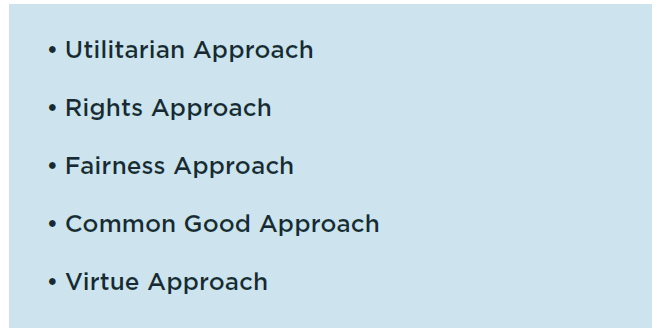Sustaining An Ethical Frame Of Mind
May 1, 2018

As we saw in last week’s BP example, many questions can be raised after the fact, after a corporate and environmental disaster occurs. A series of small, even unrelated, decisions can culminate in “the perfect storm” of cumulative effect.
People, who normally are morally scrupulous in their personal lives, may compartmentalize unethical behavior at work as “just business.” Perhaps they put their success and the financial security of their family before their responsibility to society at large, or they feel compelled to act against their better judgment due to pressure from an authority figure or a corrupt organizational culture.
So how can we safeguard ourselves, others and our environment against such dilemmas? Is there some right path or code that will consistently secure us the high ethical ground? No. There is no “color by numbers” way to be an ethical person. Ethical reasoning provides us a window through which we can see ourselves, our behavior and actions more objectively, and renew our ability to see clearly the consequences of what we do. The moment we give ourselves up to a prescribed set of steps, norms, or behaviors we become complacent and our ethical awareness is diminished. We relinquish the best part of ourselves to a “business as usual” mentality.
Staying open to fresh perspectives and new information, being willing to ask pertinent questions, constructively voicing our convictions and continually reexamining the soundness of our ethical standards all serve to sustain an ethical frame of mind.
One may ask, what are these so called ethical standards? In the next several posts, we will review five common approaches or strategies to dissecting an ethical dilemma. Every business student should at least be cognizant that such theories exist.

Next time, we take on the Utilitarian Approach. If you’d like to learn more about how you can help your students sustain an ethical frame of mind, or would like more insight into each of the five ethical standards, access your free eBook – Assessing and Developing Ethical Decision-Making Skills.


.png?width=80&name=1-questions%20(1).png)